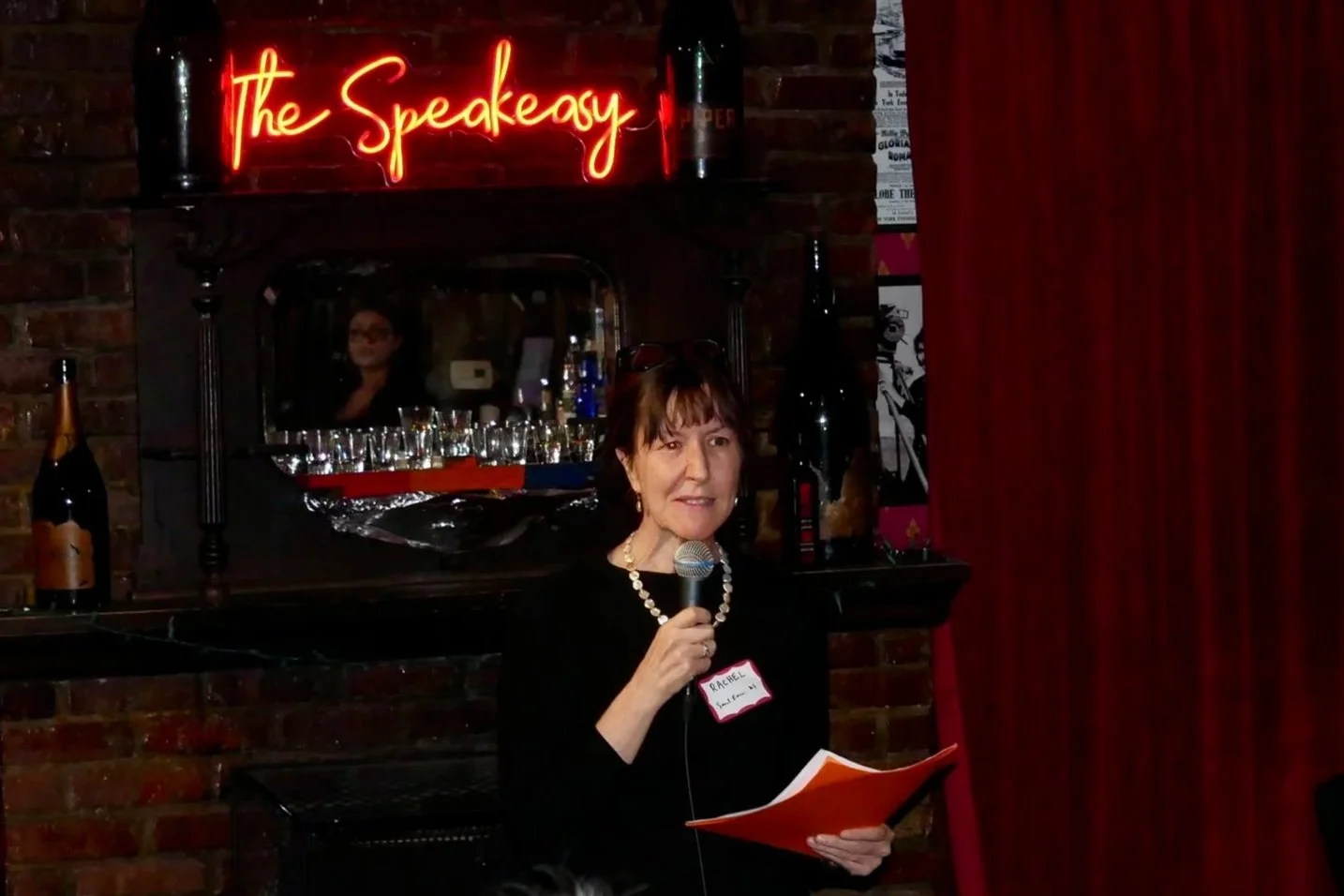Ideas













A New Halakha of B'tzelem Elohim that Responds to our Current Reality
“When we see the world differently, we are called upon to respond – to articulate a halakhic vision that corresponds with the reality we perceive.”




When Jewish Means Just: Smol Emuni and the Moral Imperative
“The justification for Smol Emuni is not just communal—it is political and religious. It is about how we perceive the meaning of God’s moral demands in light of the violent political interpretations of those who claim to speak in His name.”

Not Just Us: A Zionism That Recognizes the Other
“In law and in national policy making, the only Judaism that can be Israel's ‘civil religion’ is the Judaism that is compatible with democracy, be it secular or ultra-orthodox. I believe that the Smol Emuni is not only about prioritizing the return of the hostages over the continued war; it is about propagating a democratic state of Israel, at large.”

Judaism in Action: Faith as a Force for Justice
“They need us—as Jews and as Americans—to stand against the current threats of deportation, against the actual arrests of people for exercising their first amendment rights even when we may not agree with what they say".”

A Different Jewish Voice: Conscience, Covenant, and Moral Clarity
“What are we called upon to do in a world that is so broken, here, in Israel-Palestine, and many places in between? Where is the north star of our moral compass as Jews?”
